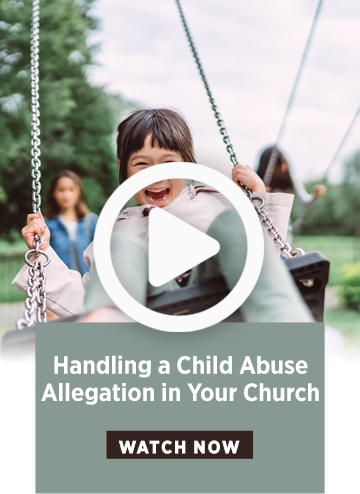• Key point: Religious groups that sponsor conventions may be liable for copyright infringement if convention exhibitors play copyrighted music without authorization—even if the exhibitors’ contract requires that they comply with the copyright law.
• A federal court in Massachusetts ruled that a trade show organizer was liable for copyright infringement occurring because of the unauthorized performance of copyrighted music by 6 of 2,000 exhibitors at a national trade show. This was so despite the fact that the organizer’s contract with exhibitors contained a statement instructing exhibitors to comply with copyright law. This did not shift liability. The court concluded that the organizer retained sufficient control over the exhibitors to make it responsible for their copyright infringement. Control was demonstrated by (1) the rules and regulations that the organizer had established for exhibitors; (2) agents of the organizer circulated among the exhibitors to “ensure compliance” with the rules and regulations; (3) agents of the organizer were available during the convention to address exhibitor needs and respond to complaints; and (4) the organizer had the authority to restrict exhibits that were objectionable. The court stressed that the organizer could have prohibited exhibitors from playing or performing copyrighted music, but did not. The fact that exhibitors’ contracts required them to comply with the copyright law did not prevent the organizer from liability for the exhibitors’ copyright infringements, since the organizer “must shoulder responsibility when the instruction is not followed.” The court awarded damages of $1,000 for each violation (a total of $6,000). This case is directly relevant to any religious organization that sponsors conventions which include exhibits. Here are our recommendations: (1) If you are involved in regional or national conferences that include exhibits, insist on receiving proof of copyright compliance by any exhibitor who will be using copyrighted music. (2) In the exhibitor’s contract, ask if the exhibitor will be using music. If an exhibitor says no music will be played or performed, be sure the exhibitor understands that a false answer will be grounds for immediate expulsion from the convention. (3) If the exhibitor says music will be performed (live or recorded) then require, as a condition of the contract, and in advance of the event, proof of authorization. This can be an ASCAP license, or authorization directly from the copyright owner. (4) Police the exhibits. If music is being played or performed, did the exhibitor provide proof of authorization? Polygram International Publishing, Inc. v. NEVADA/TIG, Inc., 855 F. Supp. 1314 (D. Mass. 1994). 11D8
See Also: Infringement
© Copyright 1995, 1998 by Church Law & Tax Report. All rights reserved. This publication is designed to provide accurate and authoritative information in regard to the subject matter covered. It is provided with the understanding that the publisher is not engaged in rendering legal, accounting, or other professional service. If legal advice or other expert assistance is required, the services of a competent professional person should be sought. Church Law & Tax Report, PO Box 1098, Matthews, NC 28106. Reference Code: m40 m36 c0295




